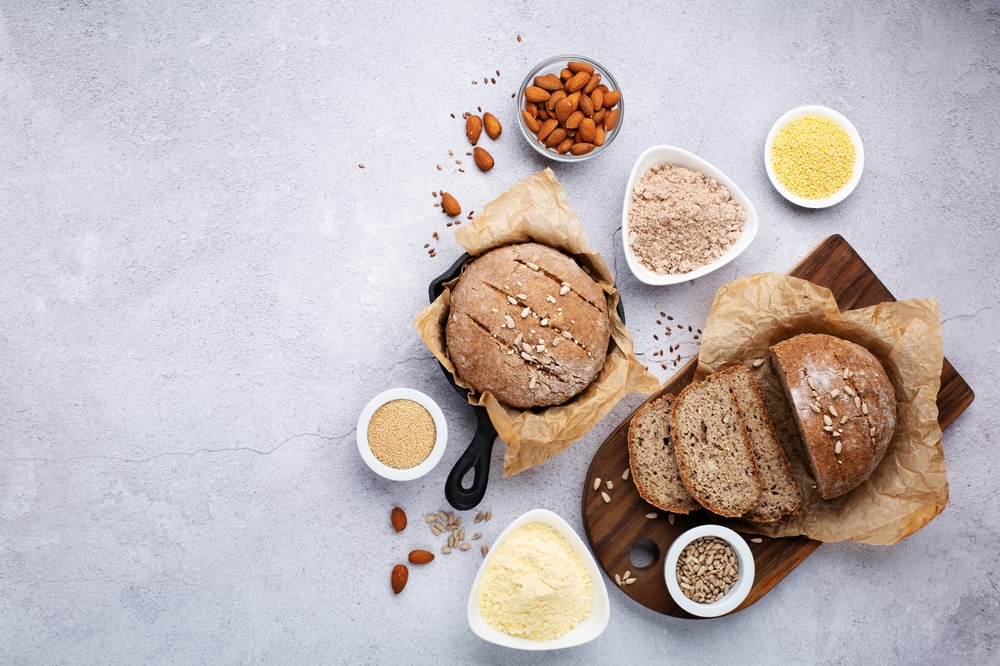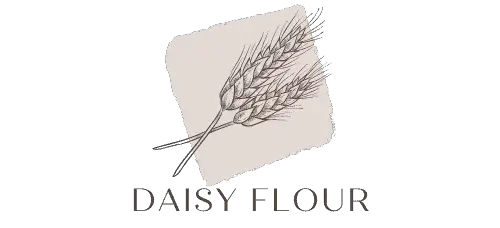One of the biggest struggles of veganism is finding alternatives to food we love that don’t contain animal products. Treats like cheese, chocolate, and many baked goods often contain animal products like butter, milk, and eggs. While you might think that bread falls under the category of baked goods, the truth is that most bread is already a vegan product. That is, of course, unless you count yeast – which is a kind of microscopic fungus – as an animal product.
The trouble with modern times is that many foods contain additives, such as sweeteners, which might be sourced from animals. Just go to your local grocery store and examine the ingredients listed on your average package of sandwich bread. Odds are, there will likely be some animal products listed. This can make enjoying bread, often thought of as the simplest of foods, a much more complicated – if not impossible – experience for vegans. In this article, we aim to break down some of the best vegan bread options. We aim to ensure that people with any kind of diet can enjoy the best baked goods available.
How to Tell if Bread Is Vegan
This might sound like something with a very simple solution – because it is! If you’re questioning whether or not the bread you eat is vegan, then all you need to do is look at the ingredients list on the package. If you get your bread from a bakery, ask the baker how they make it. Find out if the bread is made on equipment that has come in contact with animal products – and if it was cleaned rigorously before use.
As we mentioned previously, most bread is vegan. At least, most bread historically is vegan. Only modern loaves have the trouble of all these animal additives. Since that is the case, it’s best never to assume and always try to find what the person who made the bread has to say about their process.
Luckily for vegans who don’t want to bother with making their own bread, there are a few popular brands that are self-described as vegan. These include Dave’s Killer Bread, Angelic Bakehouse, and Little Northern Bakehouse.
Why Are There Animal Products in Some Bread?
As we spelled out previously, breadmaking, at its core, is a vegan process. However, retailers and food manufacturers have seen fit to add animal products to their bread for various reasons. Now, there’s nothing nefarious at work here. These companies simply want to make the best products they can. At least, they want to make the best-tasting products they can. This is where animal products come into play.
The most common animal products you will likely find in bread include butter, milk, buttercream, eggs, and honey. While there is some debate in the vegan community about whether honey is anti-vegan, that’s beside the point. The other ingredients are definitely animal products that vegans won’t want to consume, so why are they in bread?
Well, things like eggs, milk, and butter can help dough form and have a smoother consistency that is easier to work with. Milk and butter can also make dough taste richer and improve its flavor profile. Obviously, this is bad news for vegans, but people traditionally like the richness of dairy products.
When trying to make your own bread, you might find that the flavor could be better when compared to what you used to eat. Luckily, there are vegan substitutes for dairy products if you’re trying to make your own vegan bread. Nut butter and nut milk are obvious examples of vegan products you can use in your bread recipes to enhance flavor and make it taste better.

What to Put in Vegan Bread
If you want to avoid any potential additives that contain animal products, then the best way to do this is to make your own bread. There are many vegan bread recipes out there that you can try. We encourage you to experiment with your own ingredients, especially if you have a particular taste in bread. If you prefer a thicker crust, a hearty grain, or anything else, making your own bread means you can get exactly what you’re looking for.
One of the struggles of the vegan diet is getting enough protein daily. Since most people get their daily protein intake from meat, vegans need to get it somewhere else. Some sources include flax seeds, sunflower seeds, and peanut butter. Nuts and seeds are excellent sources of quality fat and protein and make for excellent additions to many bread recipes. You can put seeds and nuts directly into your homemade bread dough or use them as the crust for your vegan bread.
Lupin flour and almond flour are two kinds of bread flour you can utilize in your vegan bread recipe. Lupin flour is made from beans commonly found in South America and Africa. Lupin flour tastes slightly more bitter than your average bread flour, but it’s very good for you, as it’s chock-full of vitamins, minerals, and other nutrients. There’s also lots of protein packed into it, which all vegans could use a little more of.
Making vegan bread allows you to put in all kinds of ingredients. Coconut oil is an excellent way for you to get your daily fat intake as well, so why not put it in your vegan bread recipe? Honey oats are another great addition that adds flavor and much-needed fiber. In fact, most Americans don’t get their daily intake of fiber. You can rectify that with added oats, chia seeds, or whole grains.

Types of Vegan Bread
As mentioned, virtually any kind of bread can be vegan, as all bread is vegan before animal products are added in for more sweetness or as a preservative. Let’s break down the different kinds of bread and whether or not you can make your own vegan version for yourself.
Gluten-free Bread
Gluten-free bread refers to bread that doesn’t contain rye, wheat, or barley. Its intended purpose is for people who have a gluten intolerance. It replaces grains with starches instead. These might be corn starches, potato starches, or rice flour. You can easily make vegan, gluten-free bread, as all gluten-free bread is bread without traditional grains.
White Bread
While most people think of white bread as one of the most unhealthy forms of bread, that doesn’t mean it can’t be vegan. White bread is made of enriched flour stripped of virtually all of its fiber. Most grocery store varieties of white bread will contain added sugar for sweetness and to make the bread more addictive. Wonder Bread is a prime example of this. White bread has little nutritional value, so brown bread is usually exalted for its plethora of fiber, protein, and the like. However, you can easily make vegan white bread if you like. Like another treat, it’s not necessarily harmful if consumed in moderation.
Sourdough Bread
Sourdough bread is one of the most ancient forms of bread in modern times. It is not made with traditional yeast. Instead, it is formed with a fermentation process that causes the bread to taste noticeably sour. Sourdough bread can come in both brown and white forms and varies in its amount of fiber and protein. You can easily make your own vegan sourdough bread. All you need is a sourdough starter – a fermented mixture of flour and water where bacteria is beginning to grow. This bacteria is highly beneficial to gut health, making sourdough a great vegan option for anyone trying to incorporate more probiotics into their diet.
French Bread
Like the other bread we have mentioned, you can make vegan French bread easily. All you need is good white flour and the patience to make it. Unfortunately, you’ll need to avoid butter made from cow’s milk, one of the most popular additions to quality French bread. However, you can easily substitute butter for olive or your favorite oil.
Flax Bread
Flax bread refers to bread that is made out of ground flax seeds, otherwise known as linseeds. Flax seeds are an excellent source of fiber and protein, making this an excellent vegan option for people looking to add both to their diet. Flax bread can be tough to make, as it tends to turn a bit hard or chewy if it isn’t given ample time to rise. Make sure to closely follow any recipe for flax bread that you find to ensure you end up with a quality loaf.
Ezekiel Bread
Ezekiel bread, like sourdough, is another kind of ancient bread that mankind has been consuming for millennia. It contains no flour or sugar, making it ideal for anyone trying to be more health-conscious regarding what kind of bread they eat. Instead, it is made from sprouted grains or legumes. These include barley, wheat, millet, spelt, soybeans, and lentils. Unfortunately, people with celiac disease or a sensitivity to gluten can’t consume Ezekiel bread – or they can, but they won’t like how it makes them feel – so if you’re looking for a good gluten-free bread option that’s also vegan and healthy, Ezekiel bread isn’t for you.
Finding the Best Vegan Bread Recipes
When trying to live a vegan lifestyle, it can be difficult to find recipes that work with how you want to live and align with your tastes. We’d recommend you stay on the lookout for new recipes from all kinds of places, as new kinds of bread and food are being developed daily. However, it never hurts to look back in history to find something that might work for you. After all, if things like Ezekial bread and sourdough have been around for thousands of years and people are still enjoying them, then there’s clearly an upside there for you to take advantage of.
At the same time, don’t be scared to try new things. It’s easy to settle into a routine regarding your diet, but this can limit your nutrition. We hope this article gave you some ideas about the best vegan bread out there and that you find a type perfect for your palate.
